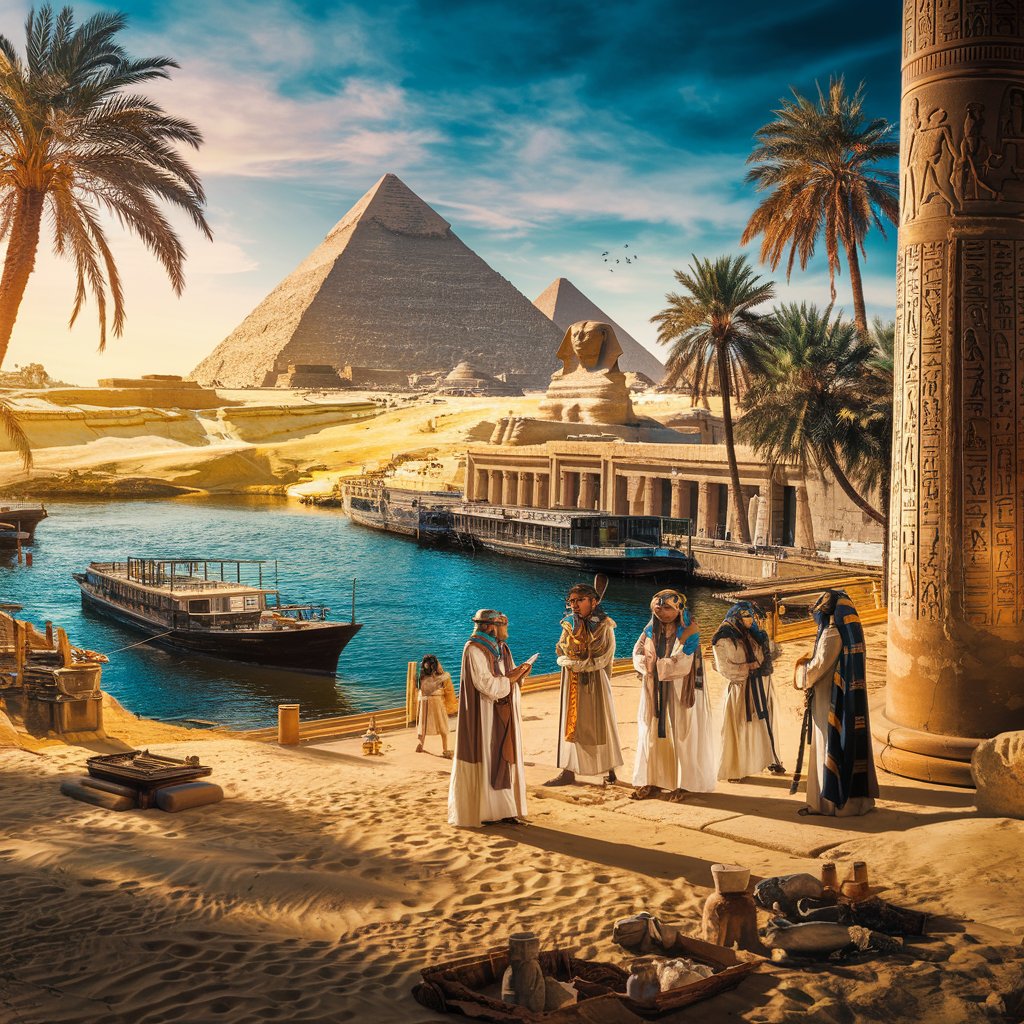Throughout history, certain civilizations have left an indelible mark on human culture, governance, architecture, and technology. This section explores four of the most influential civilizations: the Roman Empire, Asian Empires, Ancient Greece, and the Egyptian Civilization. These societies not only shaped their own regions but also laid the foundation for much of modern civilization.

The Roman Empire
The Roman Empire (27 B.C. – A.D. 476) revolutionized politics, law, and engineering, becoming one of the most influential civilizations of the ancient world. Known for its vast network of roads, architectural marvels such as the Colosseum, and the spread of the Latin language, the Roman Empire is a prime example of structured governance and advanced engineering. Roman innovations in law and government continue to impact legal systems worldwide.
Asian Empires
The Asian Empires, including the Chinese, Japanese, and Indian dynasties, spanned thousands of years and introduced groundbreaking inventions and philosophies that continue to influence today’s world. The Han Dynasty (202 B.C. – A.D. 220) in China, for example, was notable for the development of the Silk Road, which fostered international trade. In India, the Gupta Empire (A.D. 320 – 550) contributed significantly to mathematics, astronomy, and literature. Japanese and Korean empires also flourished, leaving a legacy of refined art, martial tradition, and philosophical depth.


Ancient Greece
Ancient Greece (800 B.C. – A.D. 600) laid the foundation for Western thought, democracy, and art. Known for its remarkable achievements in philosophy, drama, and science, Greece was the birthplace of Democracy, with Athens introducing one of the first democratic systems. The teachings of Socrates, Plato, and Aristotle continue to influence modern philosophy, while Greek architecture, particularly the Parthenon, remains iconic. The legacy of Greek mythology and literature, seen in works like the Iliad and the Odyssey, also endures in contemporary culture.
Egyptian Civilization
The Egyptian Civilization (3100 B.C. – 30 B.C.) is renowned for its monumental architecture, like the pyramids of Giza, and its advances in writing, mathematics, and medicine. The Nile River played a vital role in sustaining Egyptian society, fostering agriculture and trade. Egyptian religious beliefs, with gods and practices centered on the afterlife, influenced much of their daily life, including the iconic mummification process and tomb-building. Egypt’s intricate hieroglyphic system and achievements in astronomy and engineering continue to fascinate scholars and tourists alike.


